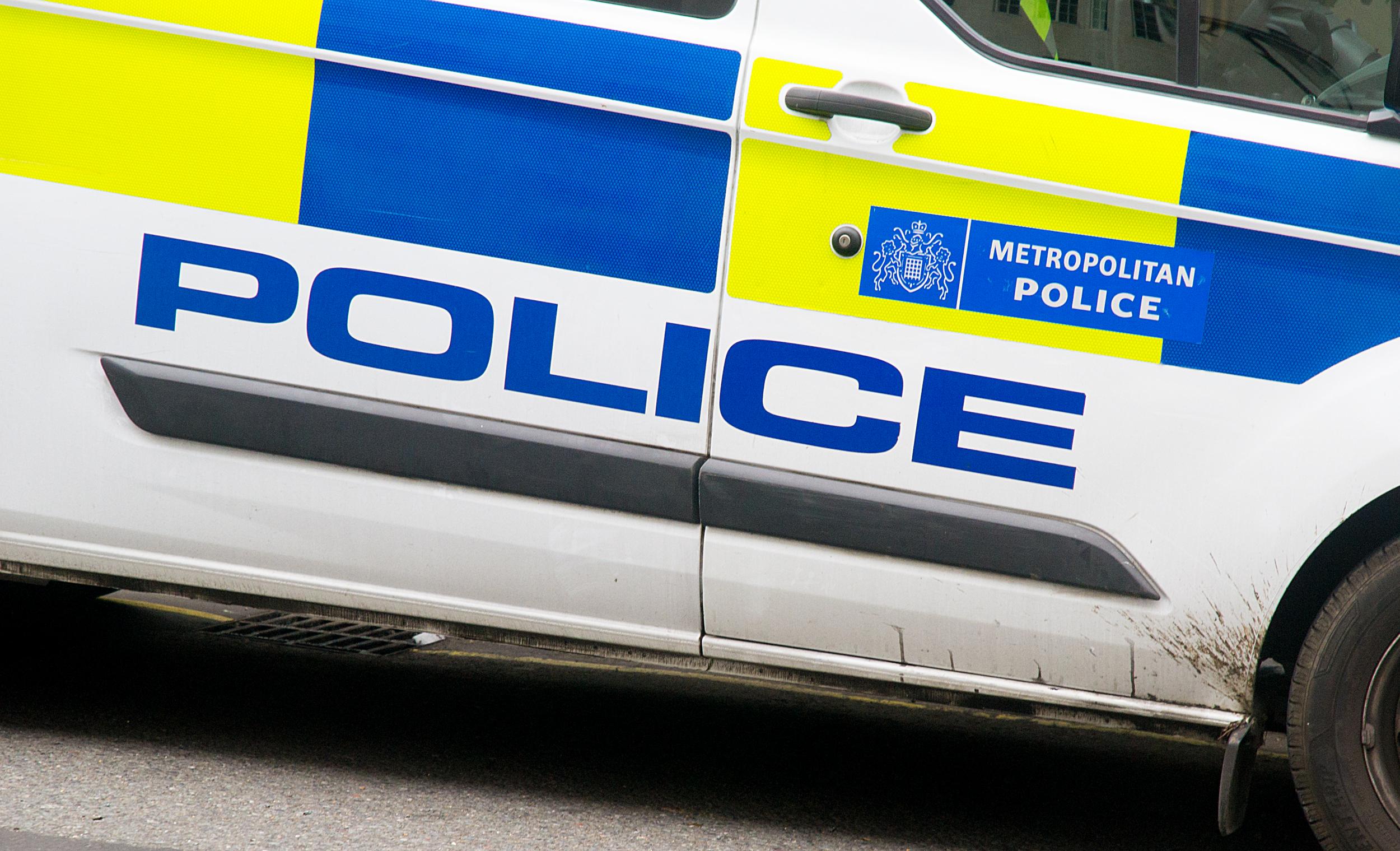Deaths involving police cars leap by almost half in a year, official figures reveal
Those killed included newlywed teenagers Patrick and Shauna McDonagh, who was pregnant

The number of people killed in crashes involving police vehicles has rocketed by 45 per cent in a year to the highest figure in a decade.
Official figures said 30 of the 42 deaths happened during police pursuits and five happened when officers were responding to an emergency in 2018-19.
Of the 30 pursuit-related deaths, 20 were the driver or passenger in the pursued vehicle, and 10 were in an unrelated car or were pedestrians hit by the car being chased.
Those killed included newlywed teenagers Patrick McDonagh, 19, and pregnant wife Shauna, 18, who died when their car collided with a bus on the wrong side of a London road in February.
Police had been chasing a car following an armed burglary but the couple had not been at the crime scene.
Later that month, an elderly couple were killed in a crash involving a van that was being chased by police through Eltham.
In November, a baby was among four people who died in a collision with a car being pursued in Sheffield.
The Independent Office for Police Conduct (IOPC) said five crashes during police chases caused mass casualties, with 14 people dying in five incidents.
“This is the highest number of fatalities recorded in the past 10 years and the third highest recorded over the 15-year period since 2004-05, when these statistics were first published,” the watchdog said.
The IOPC said it was independently investigating all but one of the pursuit-related incidents, and all of those where police were responding to an emergency.
Michael Lockwood, director-general of the IOPC, said there should be “ongoing scrutiny” of deaths related to police pursuits.
“Police drivers need to be able to pursue suspects and respond quickly to emergency calls as part of their duty, but it’s not without risk,” he added.
“This includes risks not only for the police and the driver of any pursued vehicle, but for passengers, bystanders and other road users. Pursued drivers bear responsibility for their own actions but police officers should also take into account risks to the public and only undertake a pursuit where it is safe to do so, and where authorised.”
He welcomed the government’s instruction of a new legal bar assessing the standard of police driving to help protect officers from prosecution over death and injury.

The figures showed that 16 people died in police custody or after being detained in the year, a decrease of seven from the 10-year high seen last year.
Six people were “taken ill at the scene of arrest” and six others died in hospital after “becoming unwell” in a cell.
There were 63 apparent suicides following police custody, a small increase on the previous year. A third had been arrested for an alleged sexual offence and 15 of those involved crimes against children.
There were three fatal police shootings, down from four the previous year.
The IOPC also investigated 152 other deaths following contact with the police.
More than half of those people (90) were reported to be intoxicated with drugs or alcohol and two thirds were reported to have mental health concerns.
Incidents investigated included missing person’s cases or reports of domestic abuse.
Deborah Coles, director of the Inquest charity, said a review on deaths in police custody had sparked “little progress” in improving safety for people with mental health problems and addictions.
“The fact that the majority of recent deaths relate to these vulnerabilities shows the cost of such failures, and the importance of a public health focused response,” she added.
“At a time when all political parties are promising additional police on the streets, our ongoing casework shows that more police numbers are not the answer to public safety. Ultimately to prevent further deaths and harm, we must look beyond policing and redirect resources into community, health, welfare and specialist services.”
Mr Lockwood said all deaths have a “tragic and lifelong impact on the family and friends of those who have died” and the police officers involved.
“It is of concern that again, there is a high proportion of people dying during and immediately after custody who are vulnerable through mental health and links to drugs and alcohol,” he added.
“These statistics bring into sharp focus the need for all police officers, including the proposed 20,000 new police recruits, to have up to date training in recognising and managing vulnerabilities in those they come into contact with.
“But this is not just a policing issue – it’s a system-wide issue, which needs a concerted response by all those involved to prevent future deaths from occurring.”
The IOPC’s report is to be shared with the National Police Chiefs’ Council and the Ministerial Board on Deaths in Custody.
Bookmark popover
Removed from bookmarks